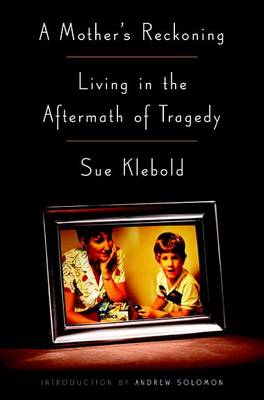Reviewed by Beth C. on
Sue Klebold makes no bones about the fact that her son, her *beloved* son, killed several people. What she does take take care to emphasize is that he also committed suicide. Not only did she lose her son that day, she lost him in a way that guaranteed she would forever be haunted by those he took with him. But what makes this book unique and worth reading is her perspective. Klebold has spent the last several years as an advocate for brain health issues, and trying her hardest to understand what went wrong with Dylan along the way. What she has learned, frankly, should scare every single parent and should begin a conversation about mental health issues as a whole, as well as among parents and their children.
The particularly frightening thing is that the normal beliefs about "why" really did not seem to apply in Dylan's case. He had two loving parents who, while not truly well-off, certainly were not in poverty either. They raised him to be kind, considerate, and honest. There was no drug or alcohol abuse, nor any physical abuse. And yet...these two loving parents truly had no idea how depressed their son was, or how - it appears - his hatred of himself and his life began to turn outwards towards others. It's not uncommon for those who are suffering from ANY mental illness to try and hide it, feeling like they can fix it on their own, when too often that proves not to be the case. And apparently, it's also not uncommon for those signs and symptoms of clinical depression or other mental disorders to be even harder to discern, simply due to the changes kids go through as teenagers.
I admit - I was one of those who initially blamed the parents of these kids for what they did and thought that there was no way they couldn't have known something was up. I've changed that opinion over the years, particularly as I've had a teen of my own, but I still feel horrible for the judgement. I can't imagine having your life torn apart in this way and trying to live with it, while also trying to reconcile yourself to a person you thought you knew who was responsible for the murders and maiming of others. She has my respect, for her openness, her honesty, and her attempt to share what she's learned with others. In no way does this book take away from those who were victims at Columbine - in fact, I feel she has done her best to honor them by showing how the rest of us can try harder to change the conversation, both in our homes and out of them.
Reading updates
- Started reading
- 15 April, 2016: Finished reading
- 15 April, 2016: Reviewed
